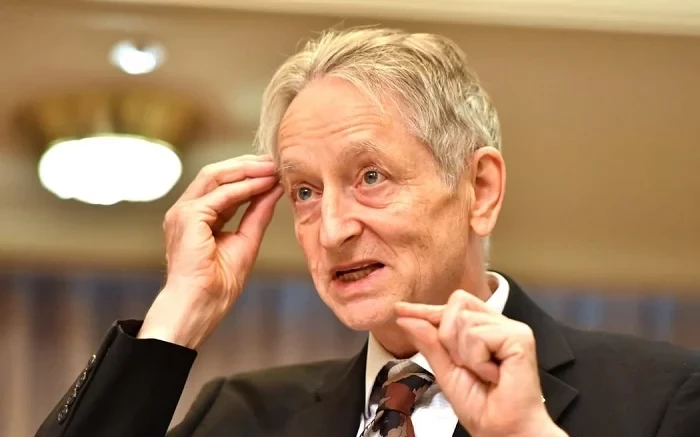AI pioneer Geoffrey Hinton has said that Artificial intelligence could pose a “more urgent” threat to humanity than climate change.
Widely known as one of the “godfathers of AI”, Geoffrey Hinton recently announced that he had quit Alphabet after a decade at the firm, saying he wanted to speak out on the risks of the technology without it affecting his former employer.
Hinton’s work is considered critical to the development of contemporary AI systems. In 1986, he co-authored the seminal paper “Learning representations by back-propagating errors”, a milestone in the development of the neural networks undergirding AI technology. In 2018, he was awarded the Turing Award in recognition of his research breakthroughs.
However, he is now among a growing number of tech leaders who are publicly espousing concern about the possible threat posed by AI if machines were to achieve greater intelligence than humans and take control of the planet.
Read also: US agency takes unprecedented action to tackle PFAS water pollution
“I wouldn’t like to devalue climate change. I wouldn’t like to say, ‘You shouldn’t worry about climate change.’ That’s a huge risk too,” Hinton was quoted as saying in an interview. “But I think this might end up being more urgent.”
He added: “With climate change, it’s very easy to recommend what you should do: you just stop burning carbon. If you do that, eventually things will be okay. For this, it’s not at all clear what you should do.”
Reports show that Microsoft-backed OpenAI fired the starting pistol on a technological arms race in November when it made AI-powered chatbot ChatGPT available to the public. It soon became the fastest-growing app in history, reaching 100 million monthly users in two months.
Recall that In April, Twitter CEO Elon Musk joined thousands in signing an open letter calling for a six-month pause in the development of systems more powerful than OpenAI’s recently-launched GPT-4. Signatories included Stability AI CEO Emad Mostaque, researchers at Alphabet-owned DeepMind, and fellow AI pioneers Yoshua Bengio and Stuart Russell.
While Hinton shared the signatories’ concern that AI may prove to be an existential threat to mankind, he disagreed with pausing research.
“It’s utterly unrealistic,” he said. “I’m in the camp that thinks this is an existential risk, and it’s close enough that we ought to be working very hard right now, and putting a lot of resources into figuring out what we can do about it.”
Story was adapted from MSN.
